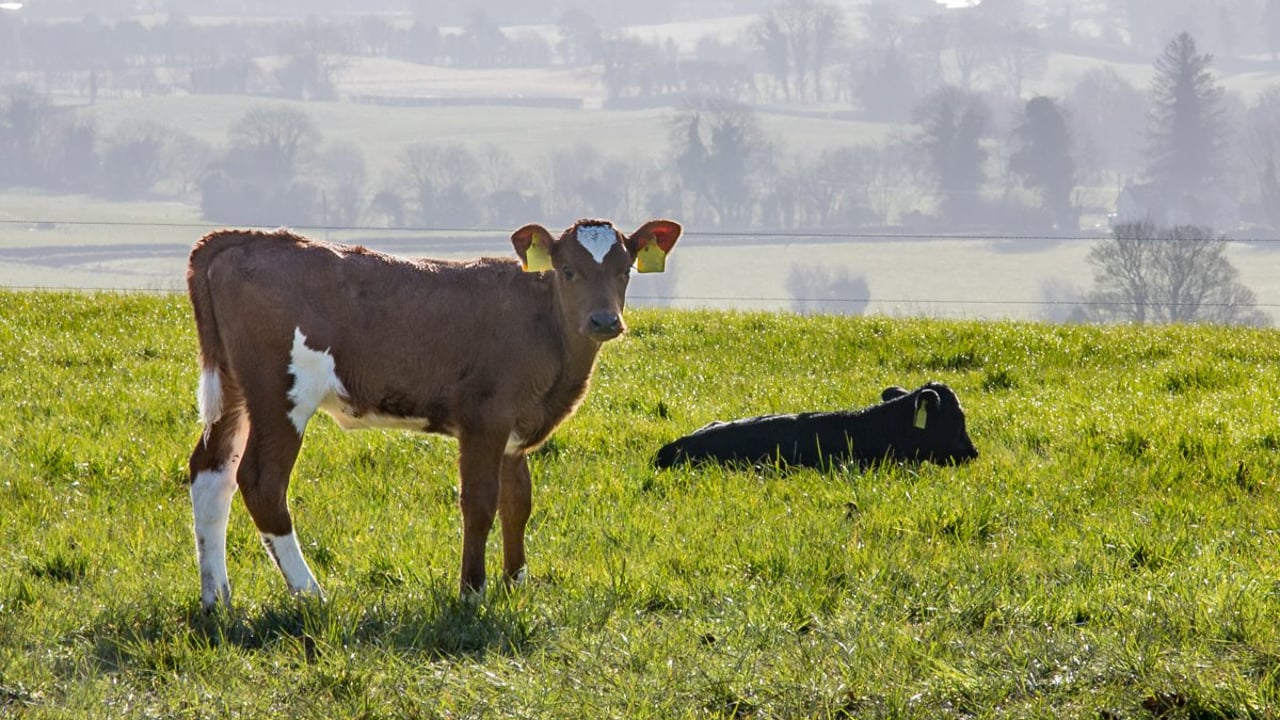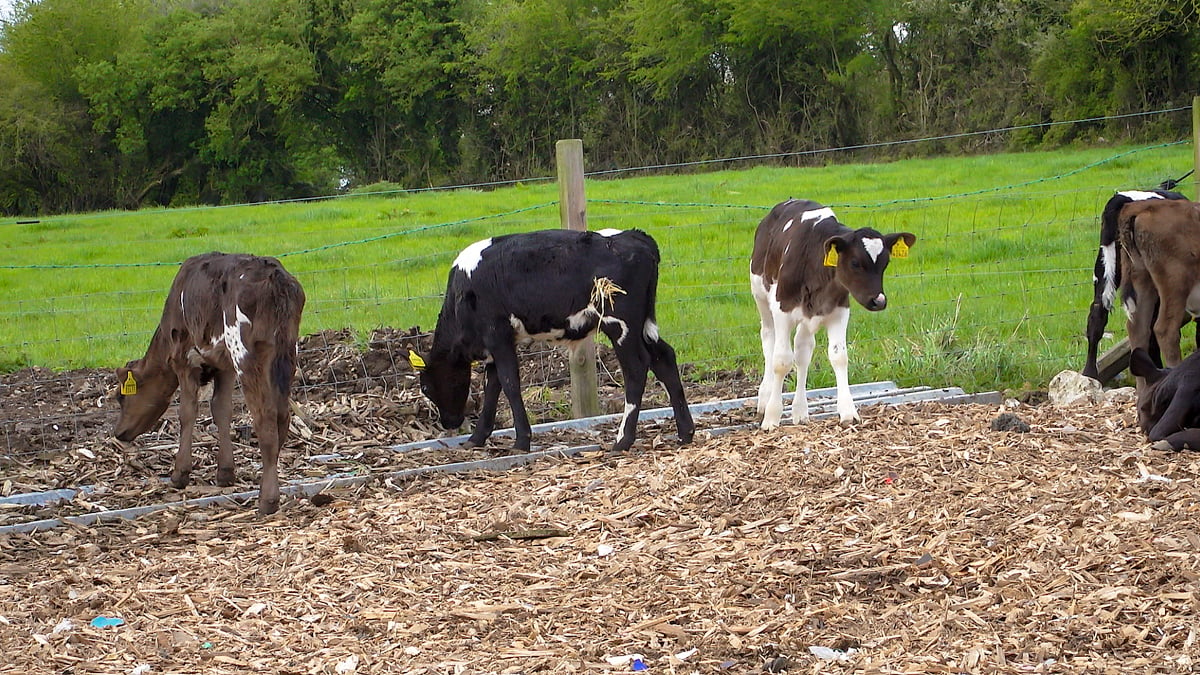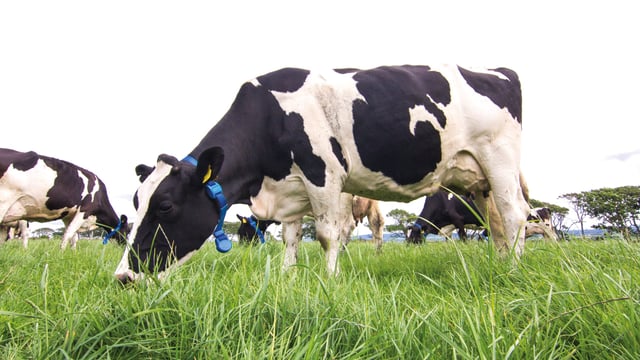Advice: Practical tips when buying calves
When considering buying calves, sourcing healthy, well-bred calves is a cornerstone of a successful calf-to-beef enterprise.
DairyBeef 500 advisor, Tommy Cox has outlined why careful planning can go a long way in keeping your herd healthy, boosting productivity and improving profits.
In the coming weeks and months a large volume of calves will be traded between dairy and beef farmers.
"For beef farmers, getting the right calf onto your farm is key to running a successful dairy calf-to-beef operation," he said.
Cox explained that when you're looking to buy calves, their health should be your top priority.
"Always go for calves from suppliers you trust, who have a good track record with herd health," he said.
"Look out for signs of a healthy calf; bright, clear eyes, a shiny coat, a clean, dry navel, and a strong suckling reflex.
"Steer clear of calves that show any signs of sickness like runny noses, coughs, scours (diarrhoea), or if they seem weak or sluggish."
The Teagasc advisor has recommended buying calves straight from farms, whenever possible.
"This helps you trace where your calves are coming from, lowers the chance of disease spreading, and overall reduces stress on calves," he said.
"Building a good relationship with farmers you trust means you get consistent quality. Additionally, you can ask them about how the calves were cared for, what they were fed, and their vaccination history."
Moving calves can be a stressful process, which affects their health so the advice is to keep travel times short where possible.
"Make sure the transport is clean, well-ventilated, and gives the calves enough room to stand or lie down comfortably," Cox continued.
"Try not to mix calves from different farms during transport, as this can spread disease. On longer trips, think about giving the calves breaks with water to keep them hydrated."
Quarantining the new arrivals might not always be feasible but, where possible, when new calves arrive, it is smart to keep them in their separate batches for at least a fortnight.
This quarantine period lets farmers keep an eye out for any signs of illness without risking the health of the rest of your animals.
The particular symptoms to watch out for include coughs, scours, or signs of pneumonia.
Good nutrition helps calves grow strong and fight off illness. Farmers are advised to use high-quality milk replacer and make sure the calves have access to clean water and starter ration.
"Stick to a regular feeding schedule and keep feeding equipment clean to avoid digestive upsets," Cox said.
"Gradually adjust their diet if needed, and keep an eye on their weight and condition to ensure animals are performing."
A dry, draft-free and well-ventilated space is key for keeping calves healthy.
Use plenty of clean bedding to keep them warm and prevent infections. Good housing should have fresh air without being drafty.
If you house calves in groups, keep those of similar size and health together to prevent bullying and reduce the spread of disease.






